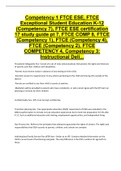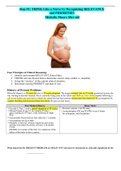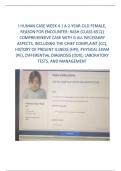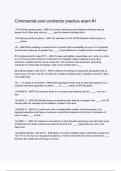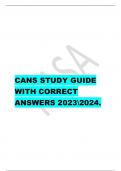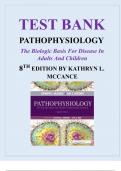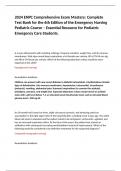Examen
Competency 1 FTCE ESE, FTCE Exceptional Student Education K-12 (Competency 7), FTCE ESE certification 17 study guide pt 7, FTCE COMP 8, FTCE (Competency 1), FTCE (Competency 4), FTCE (Competency 2), FTCE COMPETENCY 4, Competency 3: Instructional Deli...
- Grado
- Institución
Procedural Safeguards Ans- Consist of a set of rules and procedures that protect the rights and interests of parents and their children with disabilities. -Parents must receive notice in advance of any testing on their child. -Parental consent is required prior to any actions pertaining to the...
[Mostrar más]
